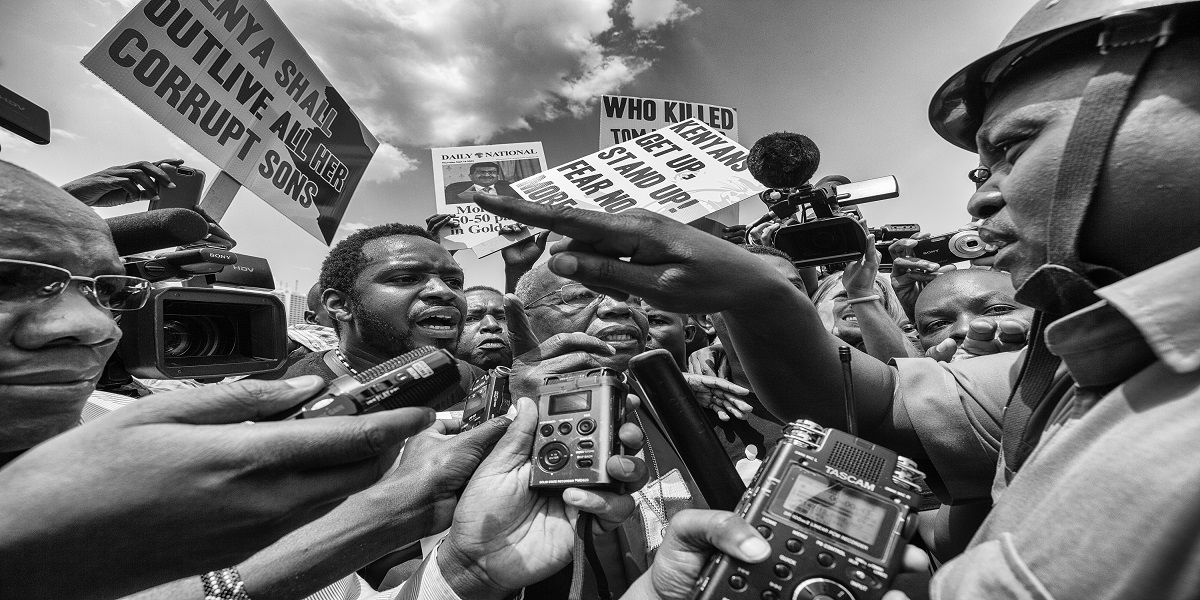On April 26th, an official from Ethiopia’s attorney general’s office took to state media to express his disappointment with what he saw as a lack of police action in combating disinformation and hate speech.
That was interpreted as a terrible omen by a lot of journalists in the country.
“When I heard the call, I knew a crackdown on the press was imminent,” an Addis Ababa-based journalist told.
“I had already heard rumors that the government was keen on reining in the press, especially producers of digital content. The only question now was how many of us would be jailed.”
That forecast has turned out to be correct.
The Ethiopian Media Authority, which is operated by the government, claimed on April 29th that it has filed criminal charges against at least 25 media outlets.
Ethiopian police raided local newsrooms earlier this month, detaining 19 persons, including journalists, magazine editors, and talk show hosts.
In addition, on May 13th, Tom Gardner, a correspondent for The Economist, was ejected from the nation.
At least a dozen of the arrests are tied to critical reporting on the Ethiopian army’s clashes with militants in the Amhara area.
Furthermore, security forces in the region have jailed over 4,000 anti-government protesters and opposition politicians who are opposed to efforts to demobilize ethnic Amhara militias.
The arrests bring the total number of journalists detained in Ethiopia to 22 this year.
The detainees have been accused by the authorities of exacerbating the bloodshed at a time when the country is ripped apart by conflict.
Press freedom groups, on the other hand, dispute the authorities’ claims, claiming that the detentions are part of a larger pattern.
Ethiopian journalists have considered resigning their employment or moving to neighboring nations as a result of the pressure.
Some journalists have reduced their reporting and have chosen to write stories without bylines.
“CPJ has documented a drastic decline in press freedom in Ethiopia over the last three years,” said Angela Quintal, head of the Committee to Protect Journalists’ (CPJ) Africa program.
“This decline has accelerated during the ongoing civil war. Numerous journalists have been arrested and detained without trial or for prolonged pre-charge periods.”




















